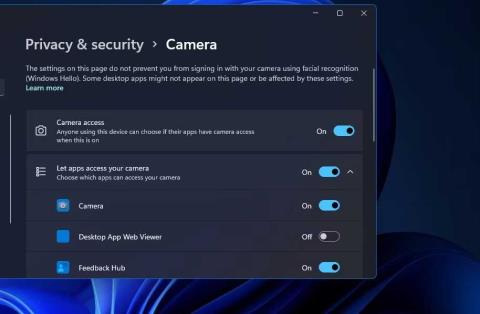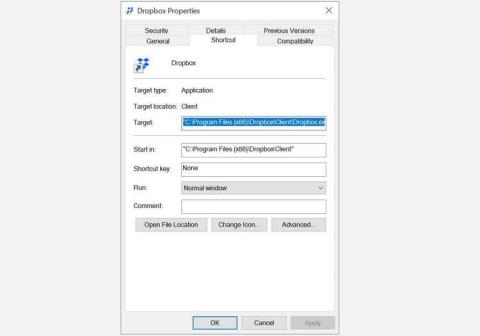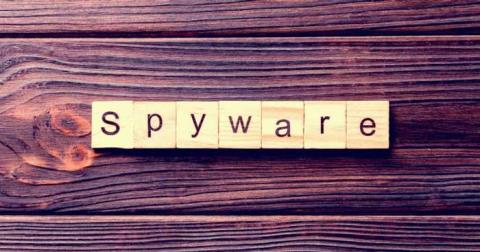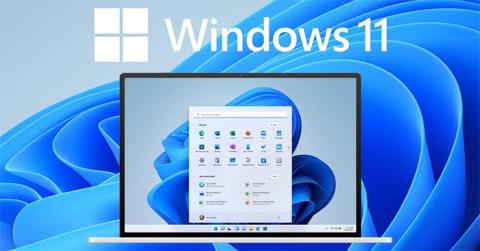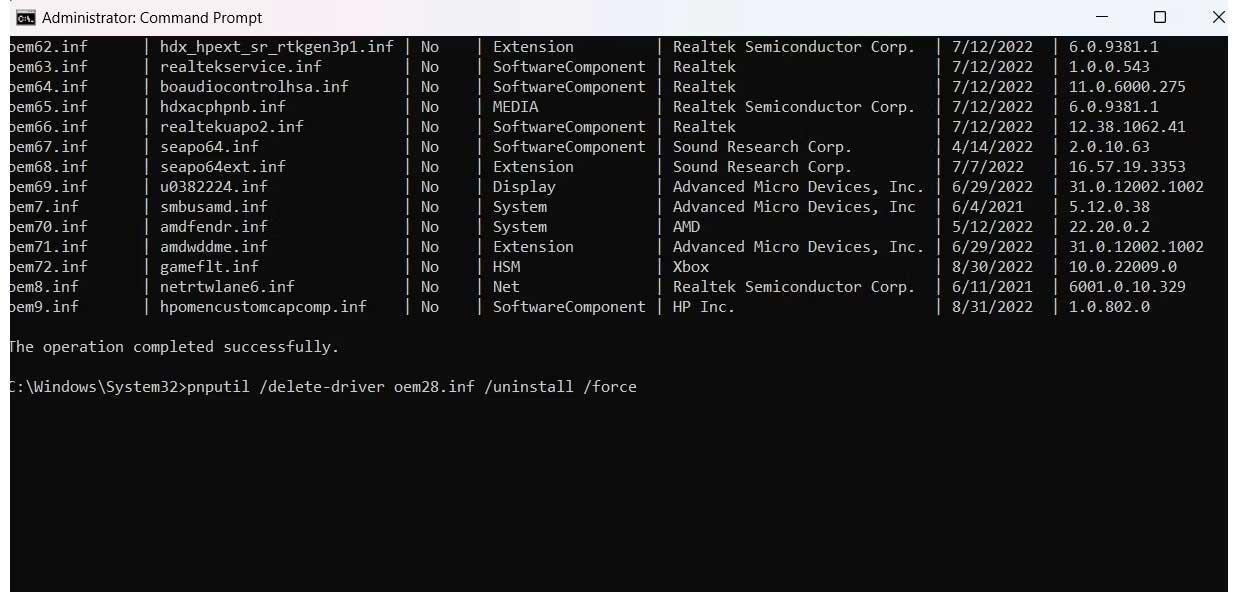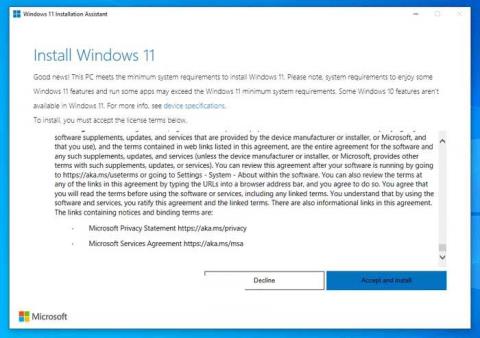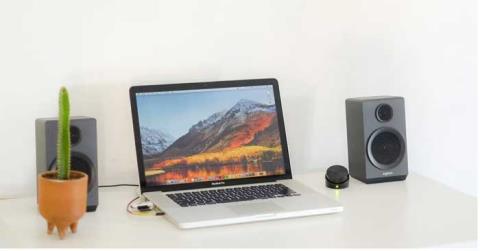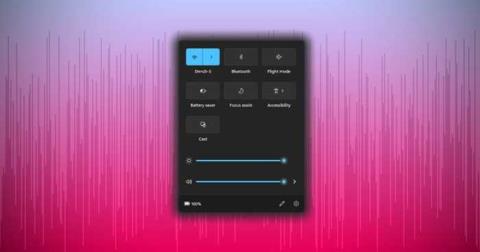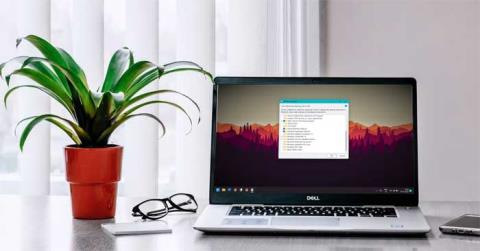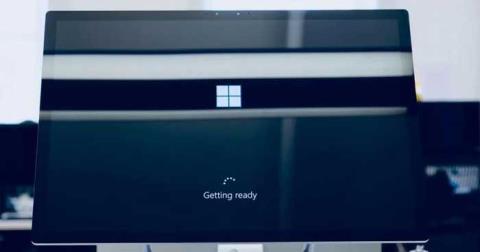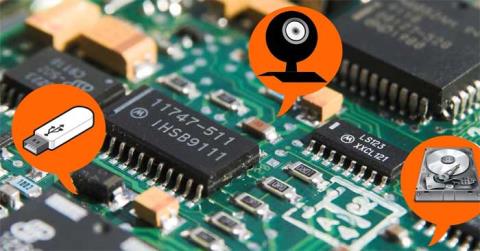Ways to find all video files on Windows

Ways to find all video files on Windows, Can't find recorded and saved videos on PC. Below are ways to help you find all clips on Windows.
Many remote-working teams rely on Zoom’s meeting recording to revisit important discussions and ensure the company’s goals are aligned across all employees. For this reason, automatic recording is an important feature that ensures you don’t accidentally forget to press the recording button and lose all that valuable information.

Fortunately, you can automatically record meetings on Zoom. This article will review all the different methods to ensure that your Zoom meeting is seamless.
Enable Automatic Recording Locally and On Cloud
Zoom facilitates automatic local and cloud recordings. Local recording is available to free users and paid subscribers, but free users can only record and save files to their PC, laptop, or Mac. The recording can capture the meeting’s video and audio, participants’ names, timestamps, and other elements the person recording can see.
On the other hand, paid subscribers (Pro, Business, and Education accounts) can record the meetings and webinars using the Zoom app on their Android or iOS devices and save them to the cloud. In addition, they can record the active speaker, gallery view, shared screen, and use audio transcription and other cloud recording options.
For All Account Users
Zoom lets you add multiple users to your Zoom account and assign them different roles (owner, admin, or member). That said, you can only allow automatic recording to all users of an account if you’re an admin with the ability to edit account settings.
To do so, follow these steps:
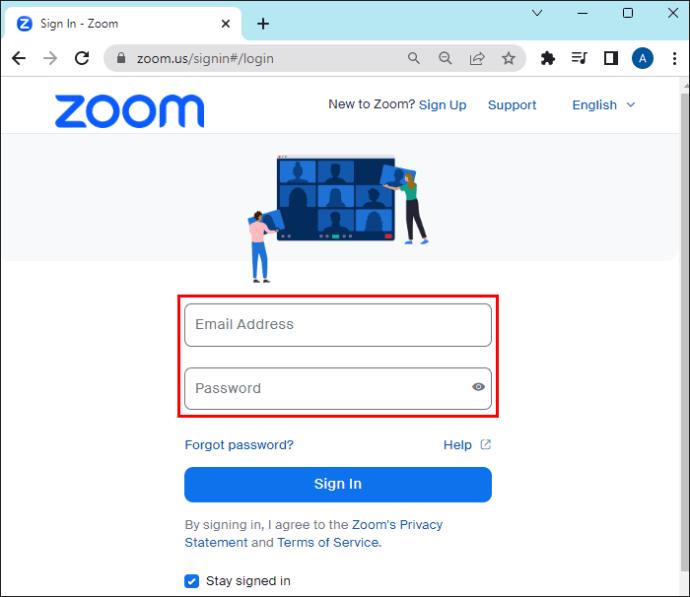
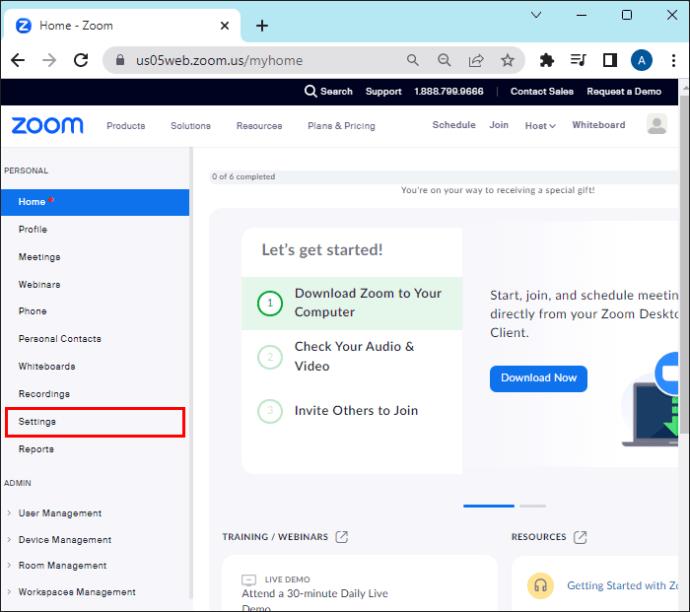
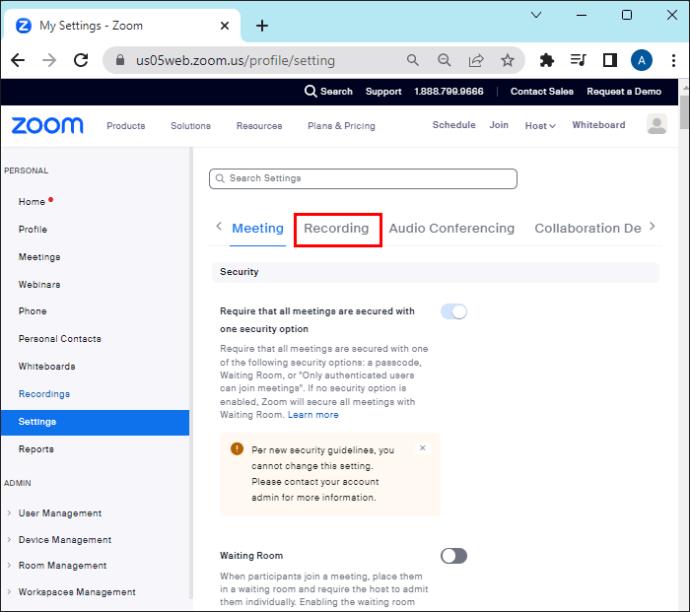
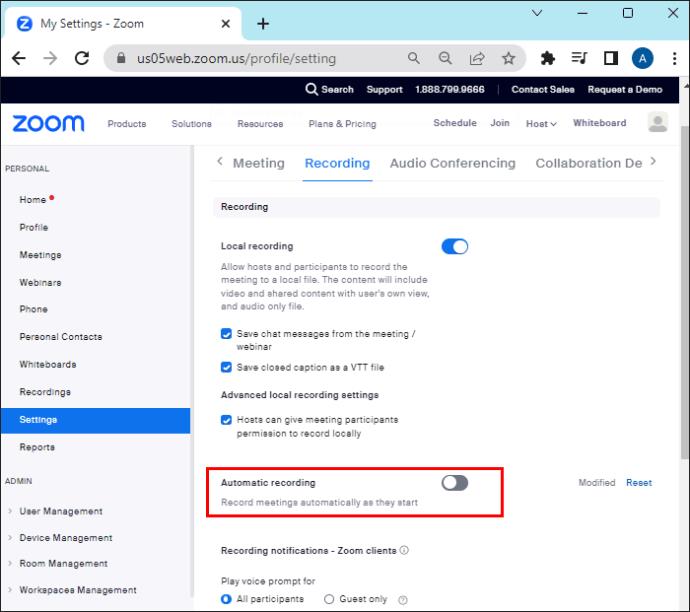
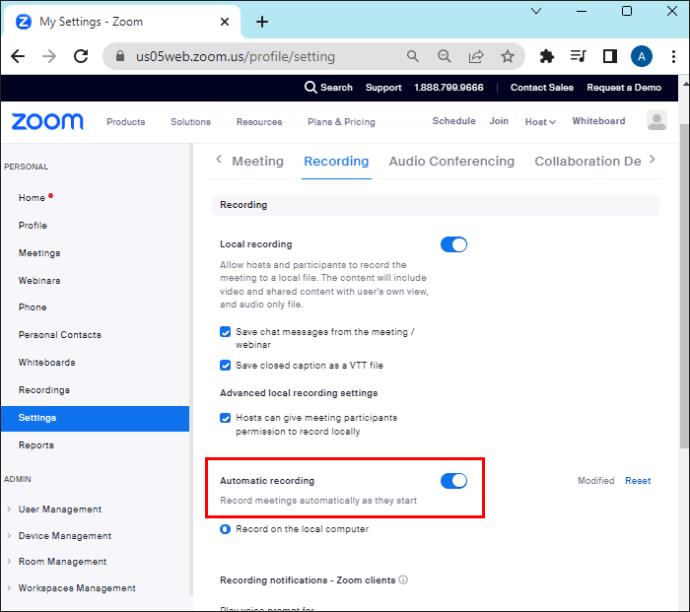
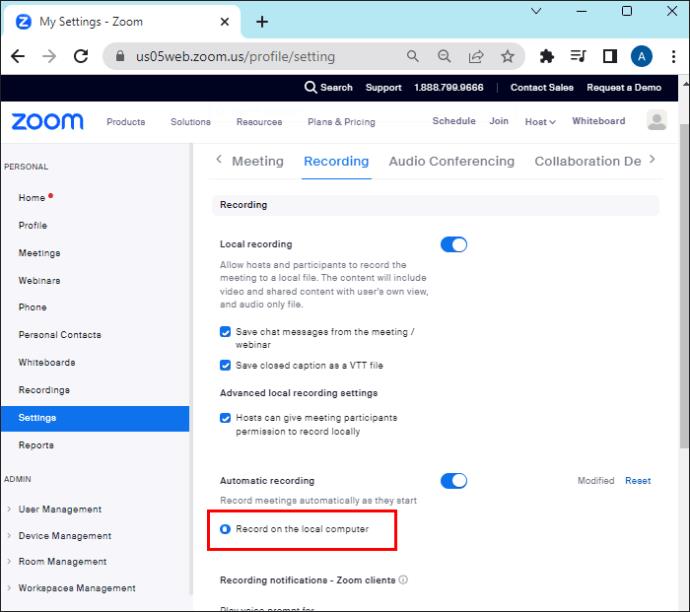
Note: For cloud recordings, there’s a 150-file limit per live session. You create a new file by stopping and starting a new recording, not by pausing. Plus, cloud recordings usually take double the amount of recorded time to process a recording.
For Group Users
You can also enable the automatic recording of a group of users. Here’s how you do it:

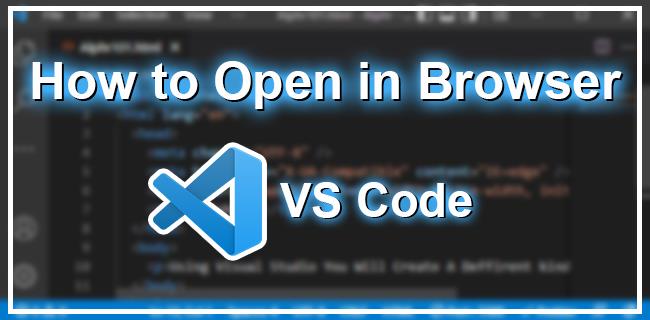
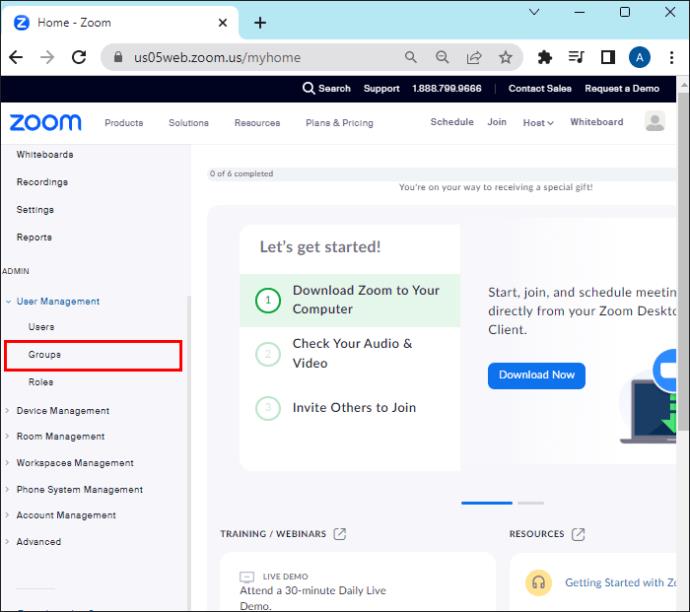



Note: If you wish to be the only one who can change these settings, you can click the lock icon and then “Lock.”
For Yourself
If you want to automatically record meetings or webinars only for yourself, simply follow these steps:




Note: If the option is in grey, it means that your admin has locked the option for your group or account. To enable it, you’ll have to contact your Zoom admin.
 .
.Note: The new setting will apply only to your future meetings. If you want to enable this setting to already scheduled meetings and meetings under your Personal Meeting ID, you’ll have to turn on the automatic recording manually for each meeting.
For Individual Meetings
To enable automatic recording for a particular meeting, follow these steps:

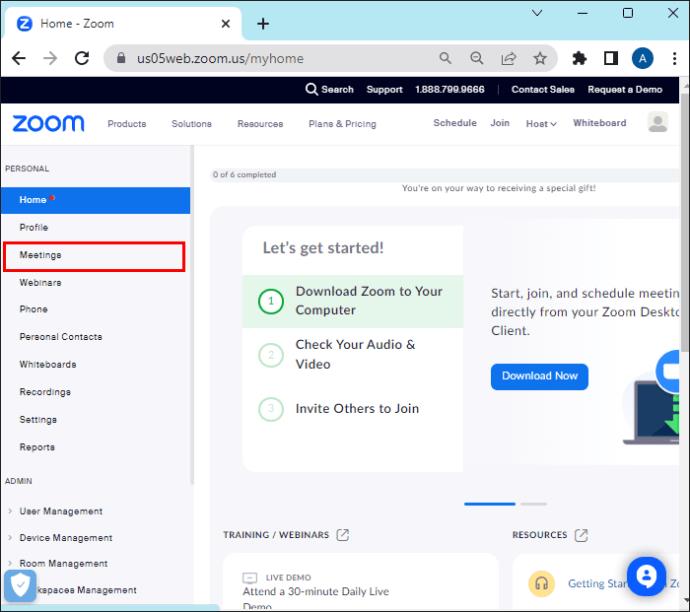
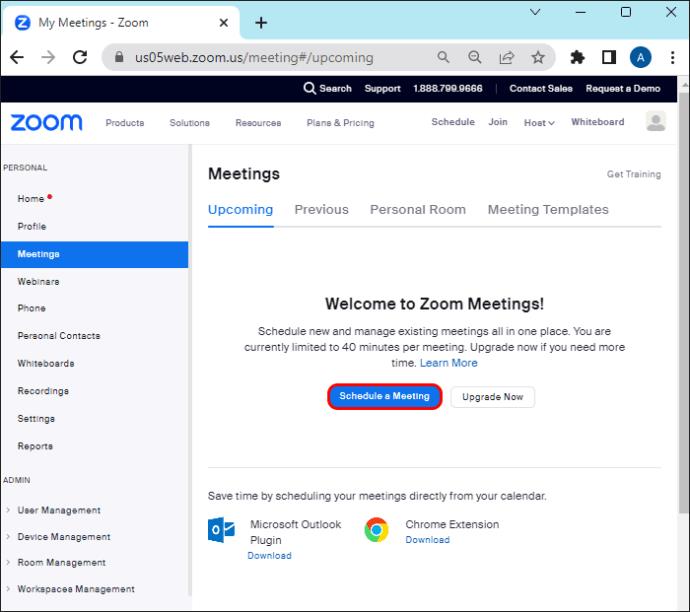
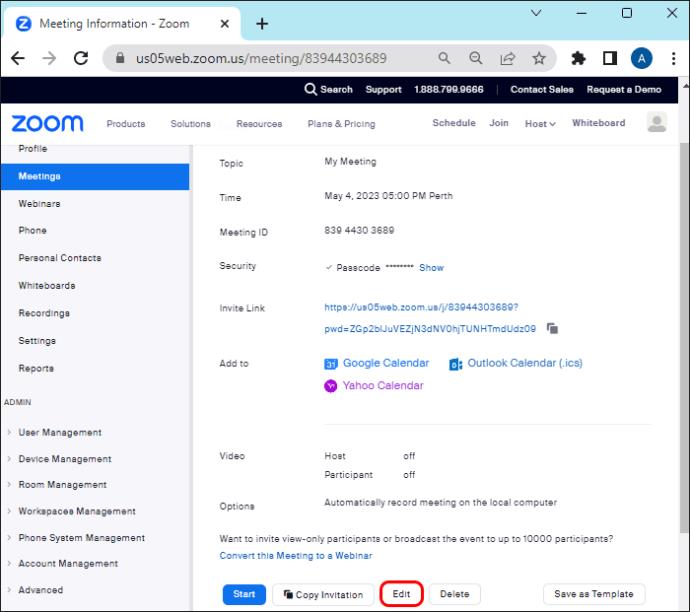
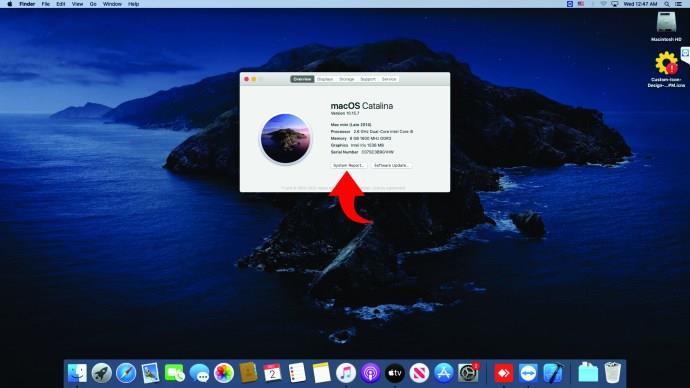
Note: Enabling automatic recording for an individual meeting is available even if the setting hasn’t been enabled by the admin.
Without the Host
The option to automatically record all Zoom meetings without the host is only available for cloud recordings. To record a meeting in the cloud without the host, enable automatic cloud recording as described above or enable the “Join before host” option before scheduling a meeting.
If you want to record locally without a host, they will have to grant you permission to do so or set you up as an alternative host.
FAQs
How to disable automatic recording on Zoom
You can stop automatically recording Zoom meetings and webinars by following the steps outlined above.
When does automatic recording start in Zoom?
Automatic cloud recording in Zoom will start when the host joins the meeting. The host can also start automatic cloud recording by using “Allow participants to join anytime,” which allows participants to join the meeting or webinar before the host. For local recording, the Zoom meeting will only start being recorded once the host joins.
Can you share Zoom recordings?
You can share local Zoom recordings by uploading them to Dropbox, Google Drive, or other third-party storage platforms. As for the cloud recordings, you can share them by sending the link to other users. You can set a password to limit access to the link, share it with everyone or only with specific people, set an expiration date, and allow others to edit, download, or see the transcript of the video/audio if there is one.
Can others see that I’m recording a Zoom meeting?
Zoom always informs all participants that a meeting or webinar is being recorded. For desktop users, this will be shown in the form of a disclaimer asking whether you want to continue to a meeting that’s being recorded or leave. For mobile users, there will be a sound at the beginning indicating that the meeting is being recorded or a consent disclaimer asking them to press “1” if they want to join a recorded meeting.
Streamline Your Zoom Meetings With Automatic Recording
Automatically recording all your Zoom meetings and webinars saves you the time and effort of enabling the setting before every meeting. By following the instructions in this article, you’ll have one less item on your to-do list and won’t have to worry about forgetting to press the recording button before your meeting starts.
Have you already recorded a Zoom meeting? Did you follow the steps from this article to enable the automatic recording setting? Tell us in the comments section below.
Ways to find all video files on Windows, Can't find recorded and saved videos on PC. Below are ways to help you find all clips on Windows.
How to fix error 0xa00f4288 in the Camera app on Windows 10 & 11. Windows' default Camera App is the main tool for taking photos. So in the case of Win 10 & 11 cameras
How to open multiple programs with one shortcut on Windows 10, You can actually open multiple programs at the same time with a single key. Here's how to use one
How to remove old boot menu options on Windows, Windows 10 dual boot is useful but can leave redundant boot options in the menu. Here's how to remove the menu
Instructions for fixing Snipping Tool errors on Windows 11. Windows 11 has officially been released for a while, but during use there are still many errors
Instructions for entering text by voice on Windows 11, Entering text by voice on Windows 11 helps you significantly improve your work efficiency. Here's how
How to turn on/off Sticky Key on Windows 11, Sticky Key makes the PC keyboard easier to use. Here's how to turn Sticky Key on and off on Windows 11.
What is Windows Modules Installer?, Windows Modules Installer sometimes takes up a lot of system resources. Is Windows Modules Installer important or not?
How to increase volume in Windows 10, How to increase computer volume to maximum level? Let's learn with WebTech360 how to increase Windows 10 computer volume
How to use Windows 11 Installation Assistant to install Windows 11, Windows 11 Installation Assistant is one of the best ways to upgrade your computer to Windows 11.
How to turn off the startup sound in Windows 11, Does the PC startup sound bother you? Then please refer to how to turn off the startup sound for PC running Windows 11 below
Instructions for changing the screen lock timeout on Windows 11. While using Windows 11, there are times when users will need to leave the computer for a period of time.
Instructions for optimizing Windows 11 to help increase FPS when playing games, Windows 11 is an operating system platform that is introduced as more improved in gaming quality, helping games
Windows 11: How to use and customize the Quick Settings menu, Windows 11 brings some great new features and the Quick Settings menu is no exception. Here it is
How to fix the error of not being able to start Windows 11 after turning on Hyper-V. Hyper-V helps you run virtual machines on Windows. However, after enabling Hyper-V, you cannot post again
How to fix error 0xc00007b in Windows, Windows displays error 0xc00007b when the application does not work properly. Below is a step-by-step guide to fix error 0xc00007b in
How to change the login screen on Windows 10/11, Don't like the blurry screen when logging in on Windows 10/11? So, instructions on how to turn off and change the login screen
How to uninstall drivers in Windows 11, Do you want to remove unwanted drivers on Windows 11? Then please see instructions on how to remove drivers in Windows
How to fix No Internet Secured error on Windows 10, No Internet Secured is a common error on Windows 10. Below are simple ways to fix No Internet Secured error
How to fix the error of not being able to save an Excel file on Windows. If you can't save the Excel file, don't worry too much. Below are ways to fix the error of not being able to save the above Excel file
